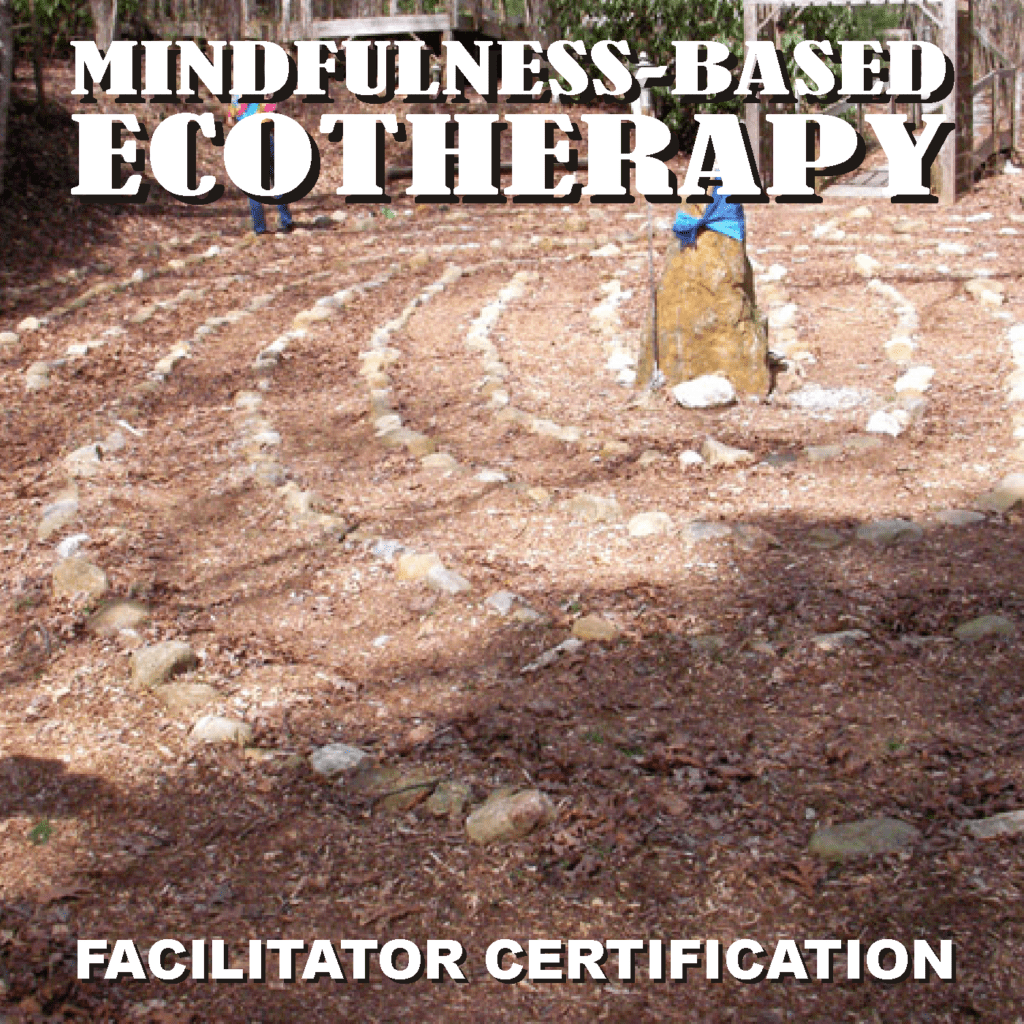
Table of Contents
Depression affects millions of people across the globe. It is more than occasional sadness. It is a persistent state of low mood, energy depletion, and disconnection that can impact every area of life. Emotional well-being, on the other hand, refers to one’s ability to manage emotions, cope with stress, and maintain positive relationships. While depression can deeply impair emotional health, emerging holistic approaches such as mindfulness, nature-based therapy, and lifestyle changes offer new paths toward healing.
In this blog post, we will explore the relationship between depression and emotional well-being, the science behind why they are interconnected, and how practical strategies, especially those rooted in mindfulness and nature, can help support recovery and resilience.
Understanding Depression
Depression, or major depressive disorder, is a mental health condition characterized by:
- Persistent sadness or hopelessness
- Lack of interest or pleasure in activities
- Fatigue and low energy
- Difficulty concentrating
- Sleep disturbances (insomnia or hypersomnia)
- Changes in appetite or weight
- Feelings of worthlessness or guilt
- Suicidal thoughts or behaviors
According to the World Health Organization (2023), depression is the leading cause of disability worldwide, affecting over 280 million people. Its causes are multifaceted, involving genetic, biological, psychological, and environmental factors.
Emotional Wellbeing: What It Means and Why It Matters
Emotional well-being is not just the absence of mental illness. It is the presence of positive traits like resilience, self-awareness, and emotional regulation. People with strong emotional well-being can respond effectively to life’s challenges, build fulfilling relationships, and maintain a sense of purpose.
When depression strikes, emotional well-being is often compromised. However, enhancing emotional well-being can also help buffer against the severity and recurrence of depression (Keyes, 2005). This reciprocal relationship makes emotional well-being a vital target for both prevention and recovery.
How Depression Impacts Emotional Well-being
Depression often blunts emotional responsiveness. People may feel numb, disconnected, or incapable of experiencing joy. Over time, these emotional deficits affect social connections, work performance, and personal identity.
In addition, chronic stress and negative thought patterns associated with depression impair the brain’s ability to regulate mood. Studies using brain imaging have shown decreased activity in the prefrontal cortex and hippocampus, areas involved in emotion regulation and memory (Drevets, 2001).
The good news? The brain is capable of change. Through practices that support neuroplasticity, such as mindfulness, exposure to nature, and cognitive restructuring, emotional well-being can be rebuilt.
Mindfulness and Emotional Well-being
Mindfulness—the practice of nonjudgmental, present-moment awareness—has been shown to significantly reduce symptoms of depression and boost emotional regulation. Programs like Mindfulness-Based Cognitive Therapy (MBCT) are evidence-based approaches for preventing relapse in individuals with recurrent depression (Segal et al., 2002).
Mindfulness enhances emotional well-being by helping individuals:
- Notice negative thought patterns without getting caught in them
- Build tolerance for difficult emotions
- Cultivate self-compassion and acceptance
- Develop gratitude and present-moment awareness
A meta-analysis by Hofmann et al. (2010) found that mindfulness-based interventions are moderately effective in reducing depression and anxiety symptoms across a range of populations.
The Healing Power of Nature
Nature is not just aesthetically pleasing—it is scientifically proven to benefit mental health. Ecotherapy, also known as nature-based therapy, involves therapeutic activities in natural environments and has shown promise in alleviating depression and enhancing mood.
Spending time in green spaces can:
- Lower cortisol levels and reduce stress (Park et al., 2010)
- Improve mood and increase vitality (Berman et al., 2008)
- Enhance emotional connectedness and self-esteem (Mayer et al., 2009)
Forest bathing, gardening, hiking, or even sitting under a tree can create restorative experiences that promote emotional balance. When paired with mindfulness, the benefits are amplified.
Practical Strategies to Support Emotional Wellbeing
Here are some simple, accessible practices that can help support emotional well-being and reduce depressive symptoms:
1. Daily Mindfulness Practice
- Set aside 10–15 minutes per day for mindfulness meditation.
- Focus on your breath, bodily sensations, or natural sounds.
- Allow thoughts to come and go without judgment.
Apps like Insight Timer, Headspace, and Calm offer guided sessions tailored to depression and anxiety relief.
2. Nature Walks with Intention
- Take a slow walk in a park or natural area.
- Engage your senses: notice colors, textures, smells, and sounds.
- Try a “Five Senses” grounding exercise to stay present.
Even short walks of 20 minutes can lift mood and increase emotional clarity (Bratman et al., 2015).
3. Journaling for Self-Awareness
- Write about what you’re feeling each day without censoring.
- Use prompts like “Today I noticed…” or “I felt most calm when…”
- Track your emotional highs and lows over time.
Journaling helps process emotions and recognize patterns that may contribute to depression.
4. Connect with a Therapist
Therapeutic support can provide structure and accountability. Consider exploring:
- Cognitive Behavioral Therapy (CBT)
- Acceptance and Commitment Therapy (ACT)
- Mindfulness-Based Ecotherapy (MBE)
Working with a trained mental health professional ensures that strategies are safe, evidence-based, and tailored to your needs.
Final Thoughts
Depression may dim the light of emotional well-being, but it does not have to extinguish it. By embracing holistic, nature-informed approaches like mindfulness and ecotherapy, individuals can reconnect with themselves, their environment, and their inherent capacity to heal. Recovery is not about never feeling sad again—it is about cultivating a sense of meaning, presence, and emotional resilience, even in the face of life’s challenges.
If you or someone you know is struggling with depression, know that help is available, and healing is possible.
References
Berman, M. G., Jonides, J., & Kaplan, S. (2008). The cognitive benefits of interacting with nature. Psychological Science, 19(12), 1207–1212. https://doi.org/10.1111/j.1467-9280.2008.02225.x
Bratman, G. N., Hamilton, J. P., & Daily, G. C. (2015). The impacts of nature experience on human cognitive function and mental health. Annals of the New York Academy of Sciences, 1249(1), 118–136. https://doi.org/10.1111/nyas.12740
Drevets, W. C. (2001). Neuroimaging and neuropathological studies of depression: implications for the cognitive–emotional features of mood disorders. Current Opinion in Neurobiology, 11(2), 240–249. https://doi.org/10.1016/S0959-4388(00)00203-8
Hofmann, S. G., Sawyer, A. T., Witt, A. A., & Oh, D. (2010). The effect of mindfulness-based therapy on anxiety and depression: A meta-analytic review. Journal of Consulting and Clinical Psychology, 78(2), 169–183. https://doi.org/10.1037/a0018555
Keyes, C. L. M. (2005). Mental illness and/or mental health? Investigating axioms of the complete state model of health. Journal of Consulting and Clinical Psychology, 73(3), 539–548. https://doi.org/10.1037/0022-006X.73.3.539
Mayer, F. S., Frantz, C. M., Bruehlman-Senecal, E., & Dolliver, K. (2009). Why is nature beneficial? The role of connectedness to nature. Environment and Behavior, 41(5), 607–643. https://doi.org/10.1177/0013916508319745
Park, B. J., Tsunetsugu, Y., Kasetani, T., Kagawa, T., & Miyazaki, Y. (2010). The physiological effects of Shinrin-yoku (forest bathing): Evidence from field experiments in 24 forests across Japan. Environmental Health and Preventive Medicine, 15(1), 18–26. https://doi.org/10.1007/s12199-009-0086-9
Segal, Z. V., Williams, J. M. G., & Teasdale, J. D. (2002). Mindfulness-based cognitive therapy for depression: A new approach to preventing relapse. Guilford Press.
World Health Organization. (2023). Depression. https://www.who.int/news-room/fact-sheets/detail/depression
Share Your Thoughts!
What do you think? Share your thoughts in the comments below! And don’t forget to subscribe to our newsletter!



